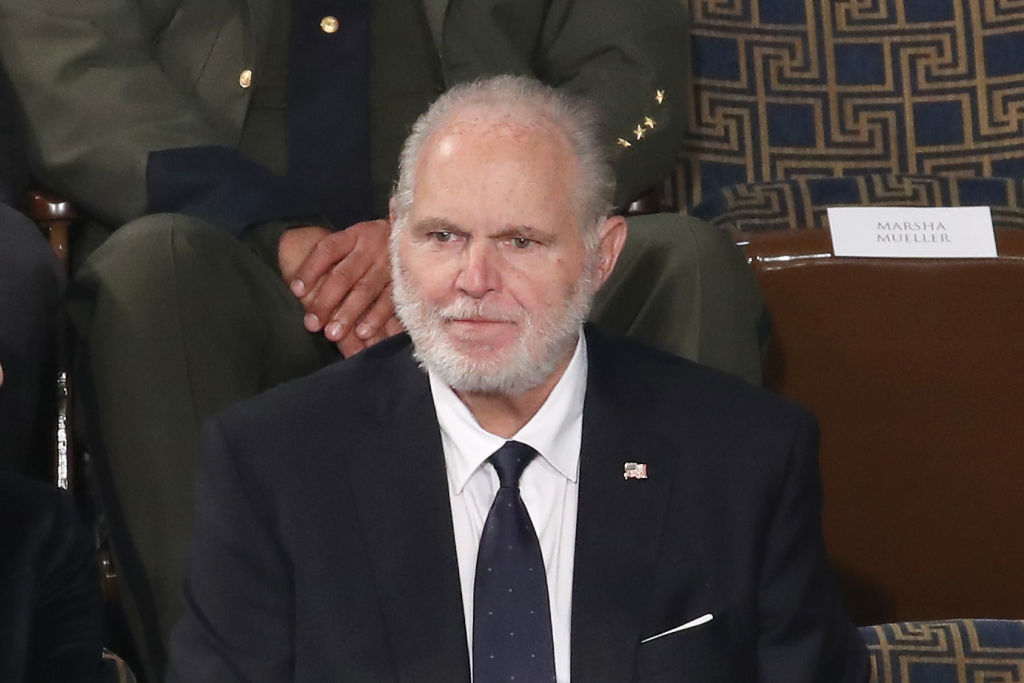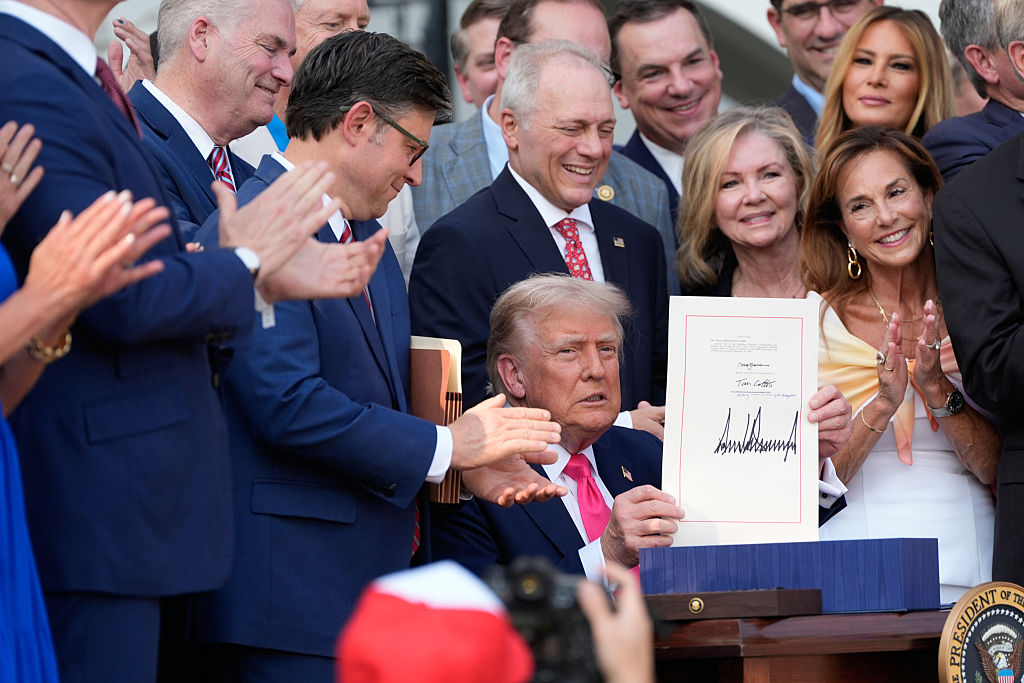The gloating over Rush Limbaugh’s death ought to shock the conscience. That’s not a political statement. That’s a cri de coeur about how our basic sense of human decency has been warped by political differences.
To take one example, a Yale Law professor tweeted he wasn’t just happy Limbaugh had died, he was euphoric.

He’s not some drunk being carried out of a rowdy bar. He’s the Charles F. Southmayd Professor of Law and Philosophy at Yale Law School and the Director of Yale’s Center for Law and Philosophy. A lesser mortal, a blogger for Media Matters, tweeted her mock condolences to “hell’s other residents.” Does anyone doubt her reception at work will be a pat on the back, not a pink slip?
My sincerest condolences go out to hell's other residents who now have to deal with being associated with him.
— Parker Molloy (@ParkerMolloy) February 17, 2021
Other commentators, trying for subtlety or drollery, have quoted Mark Twain saying ‘I have never killed anyone, but I have read some obituary notices with great satisfaction.’ That’s funny when it is not pointed specifically
Rush’s friends on the right are happy to claim the moral high ground when the left is degrading itself like this. But they only hold it for a moment. They act the same way when the opportunity arises. Do you think they would behave any better if a Nancy Pelosi was hit by a bus? Many would think it was the perfect time to share with the world how much they hated the Speaker, how glad they were to see her gone.
The point here is not only that this behavior is despicable, though it is. The point is that so many people think their views are righteous and worth sharing with the world. That smugness and moral self-righteousness are signs
This kind of moral decay during serious conflict is a hidden theme in Thucydides’s account of the Peloponnesian War. Amid the life-and-death struggles of war, ordinary standards of morality and human decency are completely discarded. Thucydides doesn’t
This moral dimension of war, conveyed by Thucydides, should teach us something today. When prominent people celebrate Rush Limbaugh’s death they are, inadvertently, telling us something about the decay of our civic culture. They are showing that we are now behaving as if we are at war, a cultural and political civil war. In the process, we are losing our sense of respect for each other at a very basic level.
No one has the moral high ground here. Far too many take every fleeting opportunity to cry, ‘Vengeance is mine.’ That cry springs from battles that both sides now consider life-or-death. That is not how political differences should be contested in a constitutional democracy. Th
Charles Lipson is the Peter B. Ritzma Professor of Political Science Emeritus at the University of Chicago, where he founded the Program on International Politics, Economics and Security.

























